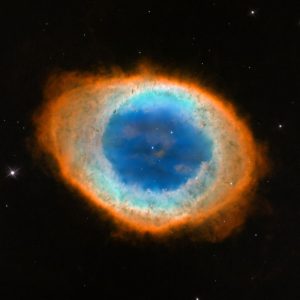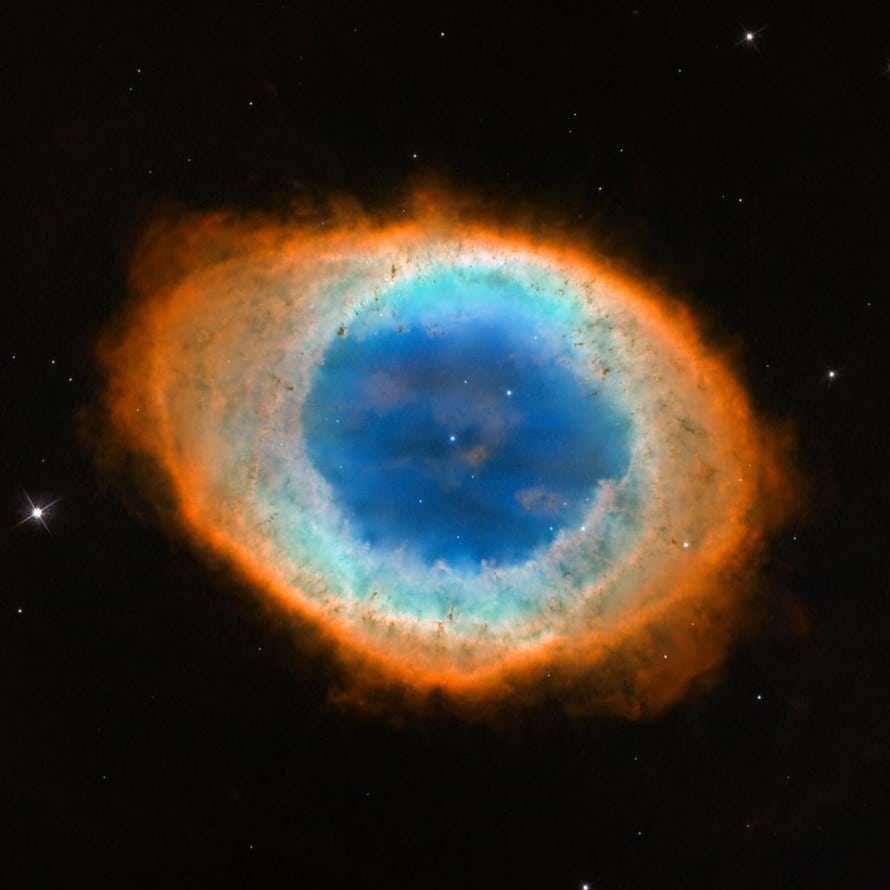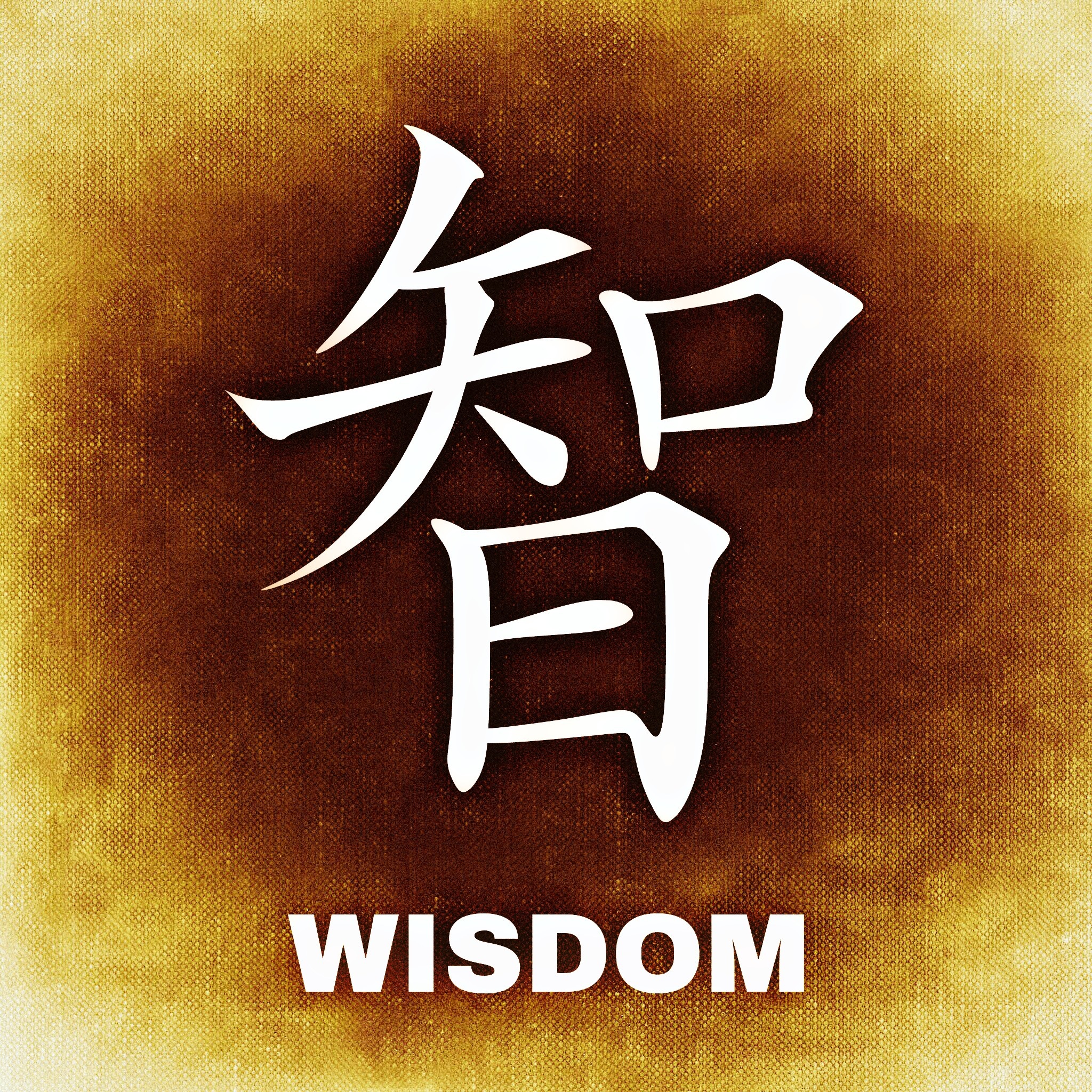What’s in a name? Everything when we name God.
There is danger in naming God.
The ancient Hebrews were not permitted to speak the name of God, and there is  great wisdom to this. Every name we have for the Creator ends up dividing the people of the world because each term for the divine Spirit is the result of cultural perspectives and particular historical circumstances. In the Tao Te Ching, there is this statement, “When once the Divine Simplicity diversified, different names appeared. Are there not enough names now?” The wisdom in this excerpt from #31 in the Tao Te Ching is that the unified simplicity of the Spirit of Wholeness has been diversified and divided by our cultural names, and as far back as the 4th century BC of China, there seemed to be enough names for God.
great wisdom to this. Every name we have for the Creator ends up dividing the people of the world because each term for the divine Spirit is the result of cultural perspectives and particular historical circumstances. In the Tao Te Ching, there is this statement, “When once the Divine Simplicity diversified, different names appeared. Are there not enough names now?” The wisdom in this excerpt from #31 in the Tao Te Ching is that the unified simplicity of the Spirit of Wholeness has been diversified and divided by our cultural names, and as far back as the 4th century BC of China, there seemed to be enough names for God.
The question before us at our time in history is this, “How do we speak of the Divine Wholeness in a way that includes all people of all cultures?”
It is not an easy question to answer. When the Buddha began teaching, he realized that any name for the Creator ends up limiting our understanding, creating expectations for our encounters with the Sacred. Thus, he stripped away any concept of God. Instead, the Buddhist’s goal is to free oneself from any concept or expectation in order to reach a state of pure consciousness. This leads many to say that Buddhism is not a religion because there is no devotion to a Divine Spirit. But I must admit that I find great wisdom in not attaching myself to a single concept of the Creator or God or the Spirit of Wholeness that binds all things together.
In the Tao Te Ching, the very first chapter (or verse) deals directly with our words and concepts for naming the incomprehensible mystery and powers of the universe (known as Tao and pronounced “dow”):
Tao can be talked about, but not the Eternal Tao.
Names can be named, but not the Eternal name.
The unnamable is the eternally real.
Naming is the origin
of all particular things.
Free from desire, you realize the mystery.
Caught in desire, you see only the
manifestations.
Yet mystery and manifestation
arise from the same source.
This source is called darkness.
The Mystery of mysteries is the Door of all essence.
I hope you don’t mind if I indulge in the English Professor side of myself to walk us through this poem. It is worth the journey. Please read the poem again before continuing with my interpretation.
In this verse, Lau Tzu tells us that we can talk about the Tao, but we cannot name the Eternal Tao, which I understand as the inconceivable mystery and wholeness of the Sacred. (Often, “Tao” is translated as “Way,” and it signifies the “way of the universe,” the natural order, patterns and energy of the creation, much like Dharma means in Buddhism.) As with naming God, the act of naming the Eternal Tao limits this eternal mystery to “particular things” and individual “manifestations.” Remember that a name must rise from a particular culture and a particular language. The “Eternal Tao” cannot be named, for in being timeless, the Eternal Way cannot be limited to particular ages, perspectives, or manifestations. The “manifestations” of the Tao (our unique ways of understanding and experiencing the Sacred Mystery) can only be understood and talked about through names and words.
 The wisdom of the Taoist perspective is that all of the particular manifestations of the Tao arise from the same “source,” which allows for a universal and holistic origin of all faiths. This verse of the Tau Te Ching names the universal source of all particular faiths as “darkness.” Is this eternal source of darkness the emptiness of being, the void of creation, the nonself of nirvana? It is all of these things. Finally, in this verse, the source is the “mystery of mysteries.”
The wisdom of the Taoist perspective is that all of the particular manifestations of the Tao arise from the same “source,” which allows for a universal and holistic origin of all faiths. This verse of the Tau Te Ching names the universal source of all particular faiths as “darkness.” Is this eternal source of darkness the emptiness of being, the void of creation, the nonself of nirvana? It is all of these things. Finally, in this verse, the source is the “mystery of mysteries.”
We are in an historical moment when our understanding of God must be altered to reflect the needs of the age. We exist in a world made small by travel, communication and the internet. Many people have voiced the essential need for the many faiths of our world to co-exist with an awareness of a common journey into mystical union with the Sacred. However, seeing the deep, mystical union of all faiths is extremely abstract for many people. Most of us need a “name” for the Creator. It is a conundrum which we have not solved, but like Lau Tzu, I wonder if we don’t have enough names, already.
The most we can do is to be patient and respectful of the names used and acknowledge that each name for the Creator represent a real and true element of the Sacred Whole.






